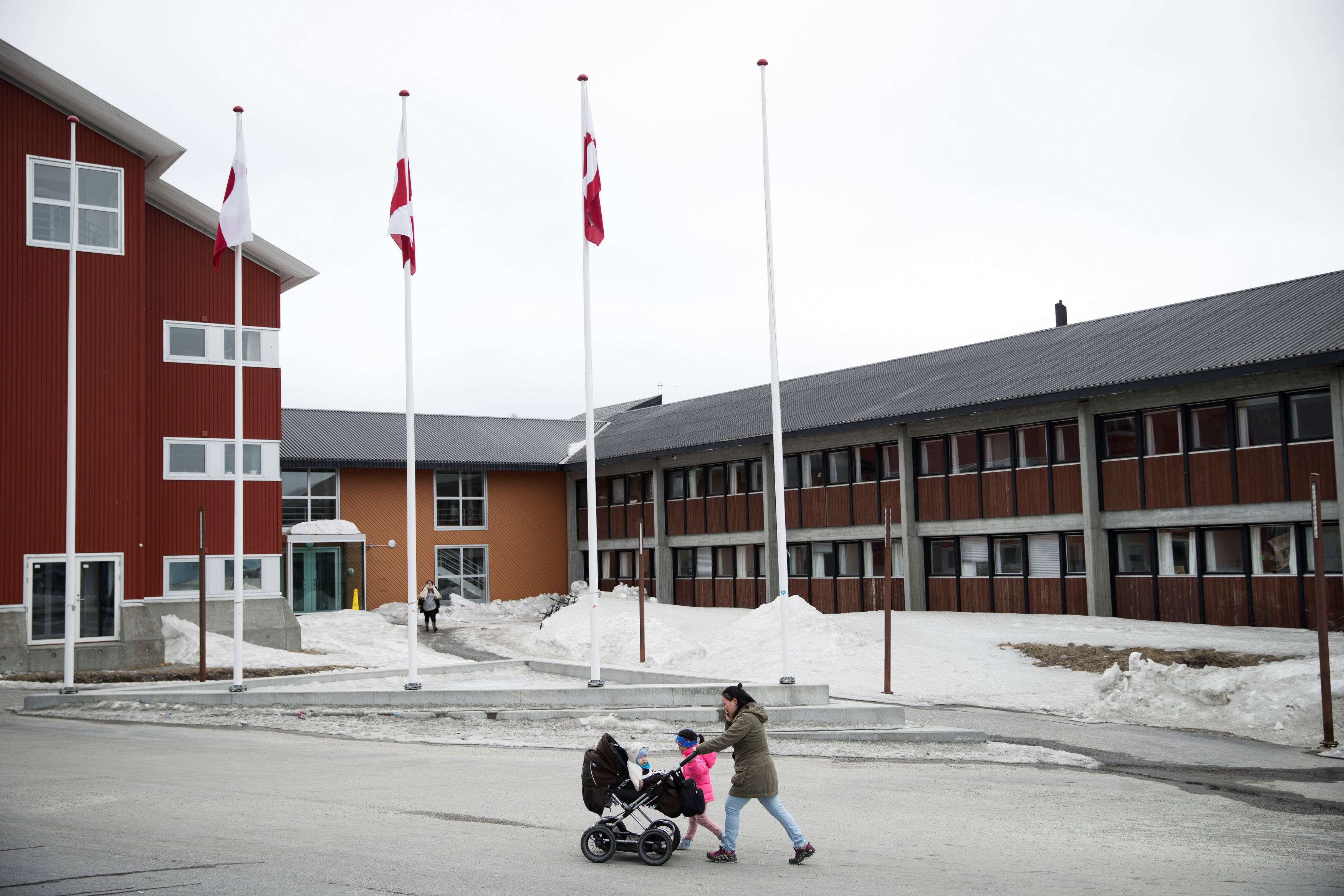Work resumes on a constitution for Greenland, with a request for a new deadline
The twice-delayed commission says plotting the country’s future will take more than the year it has left on its schedule.

As a date, June 21, 2021 has long loomed large for Greenland; it is the country’s national day, and next year marks the 300th anniversary of the return of Europeans to the island. This has led some to suggest that it would be the ideal day for the country to declare itself independent of Denmark.
Most Greenlanders are not in as much of a rush. Yet, rather than letting the day pass without setting up a milestone on its march to independence, the country’s lawmakers had instead expected to mark the date by presenting a constitution to the nation in some format.
Initially, the commission was to turn over not just one, but two, documents: a constitution that would be valid until the country declared its independence, and a second that would define the framework of an independent state of Greenland.
Delays and uncertainty over whether Greenland could have a constitution separate from the Danish constitution have pared back those ambitions; when the constitutional commission resumed its work last week under its third chair, its remit called for it to draw up a single, post-independence constitution.
[Greenland forms a commission to write its first constitution]
In addition to ducking a conflict with Copenhagen, that allows the deadline to remain the same, at least for now. Thirteen months is little time for the commission to grapple with defining questions, like what the Greenlandic nation is, who its people are, what rights and obligations they have, and how are they to be governed, that will affect generations to come.
Equally time-consuming will be sorting out what sort of relationship an independent Greenland will have with Denmark, if it has one at all. The commission’s instructions call for it to recommend whether, and with whom, it should establish a “free-association” agreement, a form of voluntary federation, typically with a more populous country. Such a model is often put forward as a possible replacement for the agreement that sees Copenhagen represent Nuuk in foreign affairs and provide military protection. Denmark is not named specifically in this respect; it would be the natural choice, but Canada has been mulled as a possible alternative, as has the U.S. Ineqi Kielsen, the new chair, has said he rules out no one as a “partner” in advance.
“What is important for me is that we have what it takes to interact with other countries, and that we can afford our own independence,” he told Sermitsiaq, a Greenlandic news outlet, last week.
[Greenland government asking national assembly to extend constitutional commission mandate]
The work of the commission begins in earnest this autumn when it convenes nationwide town meetings. That work will be followed by a constitutional conference and the drafting of a document that the national assembly will consider.
Kielsen believes Greenland will be independent in “the near future,” but he is not rushing things: he has already asked for the national assembly to extend the commission’s deadline.